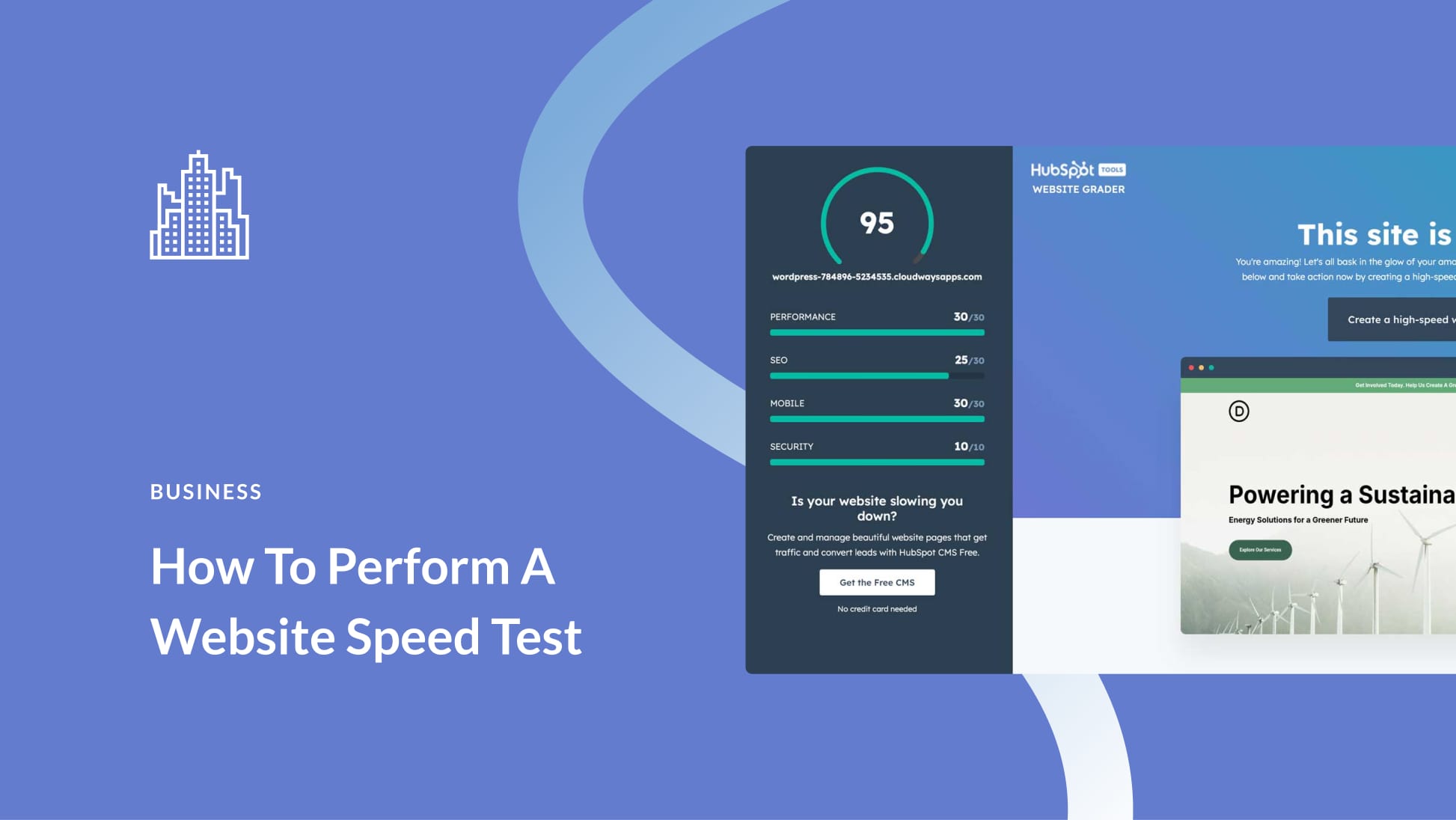Reject buzzwords all you want, but leave “intentional living” alone. It sounds new age-y and spiritual on the outside, but intentional living is actually about the effort it takes to do something other than drift through life. When it comes to living intentionally for the sake of your career, abstract daydreaming isn’t going to cut it. You have to be actively intentional.
6 Signs You Need Intentional Living
- Every day feels like a slog.
- You live for the weekend because you hate your job.
- You always want to be somewhere else.
- Your life will start “if only…”
- You’re settling into dissatisfaction. It’s becoming comfortable.
- Weeks, months or years have passed by and you have nothing to show for them.
What is Intentional Living?
Intentional living means doing everything consciously and with focus. It’s about partaking in the activities that fulfill your core values, and not doing the things that don’t fulfill those values. To entrepreneurs and CEOs, that’s a familiar concept. Successful professionals are masters at only focusing on the projects that move them toward their goals and leaving the rest behind.
There’s an element of minimalism to intentional living. Pick one thing and focus on it – one book, one documentary, one project or even one small part of one project. Do that task without distraction or multi-tasking. Tune everything else out. Intentional living leads you to complete tasks profoundly and more quickly than if you were distracted.
Intentional Living vs. Going Through the Motions
Boring and routine to-dos make it easy to go through the motions at work and at home. “Tedious” doesn’t always mean “useless,” though. Odds are that there’s a deeper meaning to the task, but since you do it so often, you rarely remind yourself of what that deeper meaning is.
You don’t wash dishes because there are dishes to wash. You wash them because you need a fresh coffee pot for the morning and because you don’t want fruit flies in your kitchen.
You don’t commute to work because your office is a commute away. You commute because that’s what brings you to the place where you earn money to support your family.
Find the “why” behind everything you do.
Find the “Why” Behind the Small Stuff
Knowing the reasons behind the basic responsibilities you handle will make them feel less like a drag.
For example, if you work from home and you work long hours, it’s easy to let your house get out of order. You’re there all the time and the mess builds up, but you work too much to clean up regularly.
However, when you take an extra 15 minutes in the morning and then again at night to put things away, wipe down the kitchen counters and dust your office, you notice that you’re more focused on work the next day because you’re not distracted.
Your “why” for cleaning isn’t simply “to have a cleaner home.” It’s, “So that I can be more focused and productive at work tomorrow, and maybe make more money in less time.”
You’ve already established that work is more important to you than cleaning. Now you’ve tied cleaning to being beneficial for work.
Find the “Why” Behind the Big Stuff
Career dreams fail when you know what you want but you do the wrong things to get there. They also fail when you think you know what you want, so you put in the work and then realize you’re moving toward the wrong goal. For example, if you hate your job, your goal may be to work for yourself. This is a surface-level solution, though. Why do you hate your job? Is your solution truly going to fix that?
Write a manifesto for your career. What is your code of conduct (how you’ll treat others), your dreams and your core values? What are the affirmations, declarations and quotes you live by? What would your perfect workday look like? Saying you want to do XYZ is different from visualizing and planning for how it will actually fit into your life.
Having trouble? Think about the times when you felt proud, happy and inspired at work. What was happening in those moments that made you feel like that? How can you get more of that in your life? What do you have to get rid of to make room for all that?
Your “why” doesn’t have to look ten years down the road, although it can. Intentional living is more about direction than destination, even if you know the destination (or think you do). You still have to point yourself in that direction. The next step is the same, regardless of your last step.
When the “Why” Means Not Doing Something
Your reasons behind your business choices will also guide you away from tasks that you’ve assumed were productive. Sometimes not doing something is the right choice. “I hate this. I’m not doing it anymore.” Boom. Now you have room for more awesome choices.
Let’s say you don’t get distracted from work when your apartment’s messy. You’re totally fine with it getting out of hand. Your office space is clean and you can shower every morning, and otherwise you simply don’t care. You clean on the weekends and embrace chaos the rest of the week. You even work better that way.
In this case, cleaning twice a day would get in the way of how you want to live your life. Your “why” for not cleaning isn’t “because I don’t feel like it.” It’s “because I like to limit my responsibilities for the day so I can focus on work for longer.”
In both scenarios, you’ve found your purpose and you’re revolving your life around it.
This is a tricky concept to pick up. If you want to explore it further, check out The Subtle Art of Not Giving a F*ck: A Counterintuitive Approach to Living a Good Life by Mark Mason. He explains how to get a grasp on what you do care about so that you can un-care about everything else.
5 Quick Tips for Getting Intentional Right Now
1. Remind yourself that what you’ve chosen to focus on is important, even if you feel guilty that other to-dos are being ignored for now.
2. Replace “I have to do XYZ, ugh” with “I get to do XYZ, yay!” Psyche yourself up for it.
3. Don’t be afraid to add an extra element if it tunes you into what you’re doing. For example, music can help you experience the moment deeper and remember it in detail.
4. Create consequences for yourself if you mess up. For example, I have a hard time focusing when I read. I let myself reread a paragraph once, but if I still tune out, I don’t go back – I have to live with not knowing what’s happening in the plot at the moment. I then get more focused because I know I have to keep up.
5. As you’re strengthening your “intentional living” muscle, choose activities that require all of your focus. For me, that’s hiking – being on a trail is a full-time job, and unless I want to fall down or step on a rattlesnake, I have to pay attention to everything that’s going on around me.
Build Up Your Resistance
You have your “why.” You’ve trimmed the fat by removing the responsibilities you don’t actually need to do. You’ve accepted the sacrifices you’ll definitely have to make to reach your goals. You’re ready.
Here’s what’s going to happen next: you’re going to be uncomfortable.
Think of your teenage years. Remember that “I have to get out of the house right now or I’m going to go crazy” feeling? And so you’d run out the front door and drive in a blizzard just to get the Hell out?
That’s the feeling you’re going to have. That itchy, “I can’t do this, this is wrong” feeling.
But it’s not wrong. You’ve already done the work. You know this is the right decision. Sometimes change feels itchy. You’re breaking habits and making new ones. This is the process.
You’re fine. It’s going to get better.
If you stay focused on the greater prize and continue to do what you know you have to do, your brain will eventually square itself with your actions. If you quit too early, you’re never going to get what you want. You need to be patient. Successful people who seem to have made it overnight have actually put years of work in. Immediate gratification isn’t what success is made of.
The best part of intentional living is that there’s always something new you can be intentional about. There’s no end or finish line. If you want to be successful, then embrace the fact that you’ll never be done.
Sick of moonlighting? Here’s how to build an empire out of your side hustle.









This types of culture will improve the individual performance. Great concept.
Working in such a competitive environment, it becomes very important to have a peaceful mindset. and that too comes from a spiritual practices, Yoga, Meditation etc.
The number of people committing suicide has been increased drastically and will continue to increase until we find a permanent solution to it.
Thanks for the blog. Very helpful indeed!
Thanks for your comment, and I agree.
Very Nice Concept. Thanks You